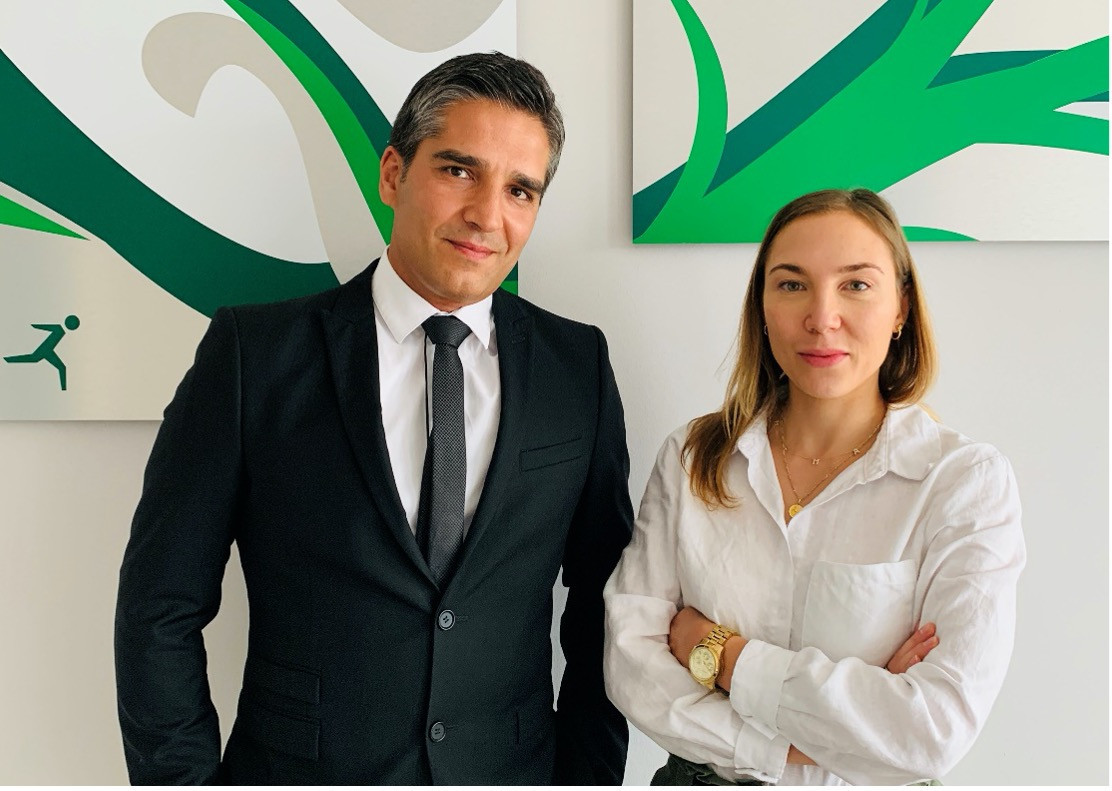Luxembourg was one of the first European countries to set up a public register of beneficial owners (RBE) and is one of the only EU countries having opted for an open and transparent register, accessible online and for free.
As a leading international financial centre, Luxembourg has increased its supervision and deployed a range of measures in the fight against money laundering and terrorist financing in addition to the application of European and international regulations and recommendations. Over the past seven years, the Commission de Surveillance du Secteur Financier (CSSF) has doubled its number of employees, overpassing now 1,000 experts, with a workforce in charge of AML and CTF growing by 46% in three years. This growth has resulted in 361 people sentenced for money laundering, including 217 to terms of imprisonment, in 2019.
Findings raised by supervisory body following on-site inspections
Yet, recent on-site inspections have highlighted several ongoing challenges faced by Luxembourg professionals with regard to AML and CTF. Those include wrong or outdated procedures for client acceptance, due diligence and periodic review, lack of risk assessment, inefficient transactions monitoring and insufficient or non-formalized controls. Beyond penalties and fines, these breaches carry a high reputational and business risk. Enhancing compliance rules remains essential to preserve client trust.
AML and CTF are also evolving at European level, with recent news reporting the set-up of a new Anti-Money Laundering Authority (AMLA), which will as of 2024 count on 250 experts and will be empowered to issue fines of up to 10% of a firm’s annual turnover or up to 10 million EUR.
Technology as a key support to AML and CTF
Over the last few years, new technological solutions have arisen in the field of AML and CTF.
Process Automation tools are now integrating machine learning and artificial intelligence components, which has made them evolve from a less-agile RPA (Robotics Process Automation) to a more-dynamic Intelligent Process Automation (IPA).
Some tools have specialised in digitizing all AML and CTF processes, including amongst others client onboarding, transactions monitoring, sanctions screening, KYC data screening and negative news screening.
For instance, Compliance departments can now benefit from dynamic KYC tools that perform continuous screening and raise alerts when identifying PEP (Politically Exposed Persons) cases, in direct connection with World-Check or similar databases.
Dedicated AML/CTF tools can also facilitate client onboarding with the implementation of an automated Client Risk Rating (CRR) engine that scores clients or accounts based on internal models, with connections to core banking systems, transaction monitoring systems and negative news source. Such tools help improve the quality of due diligence, periodic review frequency and governance in line with defined compliance policies. Furthermore, the onboarding process can be digitalized through API integrations, reducing human/manual intervention and operational costs, while improving client experience and compliance to regulatory obligations.
What those examples highlight is that, when combined to human expertise and understanding of business models, new technologies are now essential to AML/CTF processes, allowing financial companies to stay ahead of the regulatory curve.
More information about Reply Luxembourg
